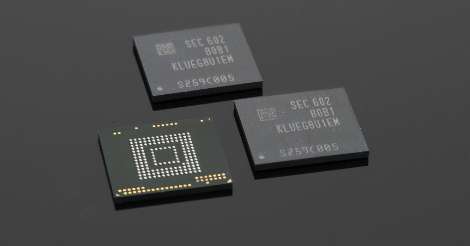“Fastest ever” SSD flash drive with 10 gigabytes per second (10GB/s) unveiled by Seagate.
It’s more than 4GB/s faster than the previous holder of the title, which hovered around the 6GB/s mark.
Data processing demands
The pre-production unit, which lays the foundations for a new solid state drive (SSD) product for release later in 2016, is designed for big data centres looking to adopt the fastest flash technology while cutting their power and cost pressures at the same time.
“Technology advancements continue to stretch the limits of SSD speed and performance due to growing enterprise demands that require fast data processing at scale,” said Gregory Wong, founder and principal analyst, Forward Insights.
Seagate’s demo would also work with any system that supports the Non-Volatile Memory Express (NVMe) protocol – which was developed to replace the legacy Serial AT Attachment (SATA) standards and cut out information bottlenecks.
Portable hard drives at low prices on sale now – click here to find your deal
When speed matters
The new technology could also be picked up by cloud providers and web apps, weather modelling or analysis of statistical trends.
And the new unit could be used in an all-flash array or with hard-disk drives (HDDs), according to Seagate.
By way of background, An SSD doesn’t have any moving parts and stores information on interconnected flash memory chips – but is of a different level in terms of performance and reliability than USB flash drives for example.
Pricing and the future
They could be premium price tag for the new SSD and may be aimed at a particular market, but it could give an indication to the way the “hard drive” market is heading.
MORE TOP STORIES – CLICK BELOW

Could this kill off PCs?

The battery that charges in minutes and lasts for 20 YEARS


















